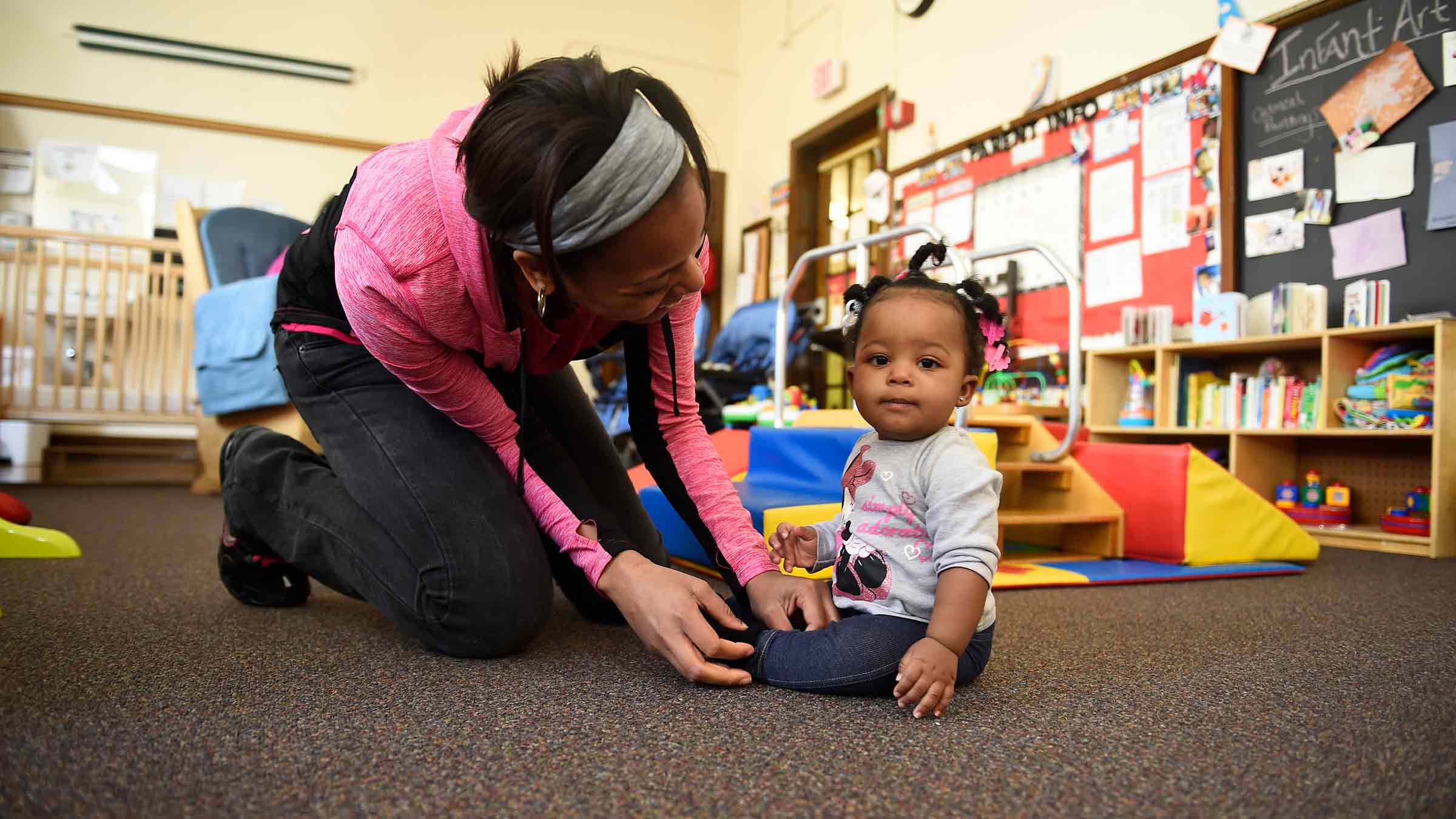
Starting July 1, 2024, the Minnesota Department of Education will be broadening its Early Learning Scholarships Program to offer additional support to children dealing with traumatic circumstances. Alongside continuing to prioritize children who are children of teen parents, in foster care, involved with child protective services, or have experienced homelessness in the last 24 months, the program will now extend priority to children whose parents are incarcerated, undergoing substance use treatment, receiving mental health treatment, or have experienced domestic violence. This expansion reflects a compassionate approach, aiming to ensure that all children have access to vital early childhood education and care opportunities.
Kendrea Dickson, Director at the Center of Excellence in Minneapolis, knows firsthand the impact these updates to the pathways scholarships will have on the families in their community. "The updates will help us reach more families and children," she explains. "We take pride in providing quality, healing-centered care for our community."
The Center of Excellence has served families and children in Minneapolis for the past decade. Established as an extension of the child care services at People Serving People, the Center is dedicated to providing trauma-sensitive and healing-centered support care to its community.
Why are the priority scholarship updates so crucial? Kendrea points to the needs of families, especially those in priority populations such as those affected by domestic violence, incarceration, mental health issues, substance abuse, and teen parenthood, who are in dire need of additional resources. "Children did not ask to be born into these circumstances and deserve quality care," she says. "Families need a village to provide care while they navigate these challenges."
Access to high-quality child care programs using scholarships is essential not only for families but also for the staff.
The Center of Excellence's collaboration with 80x3: Resilient from the Start enhanced the Center of Excellence's ability to provide trauma-informed and culturally responsive care in classrooms. "80x3 has provided the necessary training and conversation starters that help educators understand the children and families they are working with," says Kendrea. "It also helps teachers to be sensitive, as opposed to judgmental, of the struggles that families endure."
However, challenges remain in implementing trauma-informed and culturally responsive practices in early childhood settings. While scholarships provide more access for families, educators require additional support in the classroom to provide the best quality care possible for every child that comes through their doors.
Looking towards the future of early childhood education in Minnesota, Kendrea envisions continued advocacy efforts focusing on providing more support within the classroom. Despite these challenges, success stories abound at the Center of Excellence, where families have found respite and support through scholarships and professional development opportunities.
"We have many success stories from families who have been in a shelter with no village," Kendrea shares. "Being able to take self-care time and mental health breaks away from the stressors of parenthood because they qualify for scholarships."
The collaboration between the Center of Excellence and 80x3 highlights the importance of community support and partnership in addressing the diverse needs of families and children. By expanding access to high-quality child care programs through scholarships, the state of Minnesota is not just investing in the well-being of individual children but also fostering stronger, more resilient communities. Together, 80x3 and our community partners can continue to advocate for equitable access to early childhood education and ensure that every child receives the care and support they need to thrive.